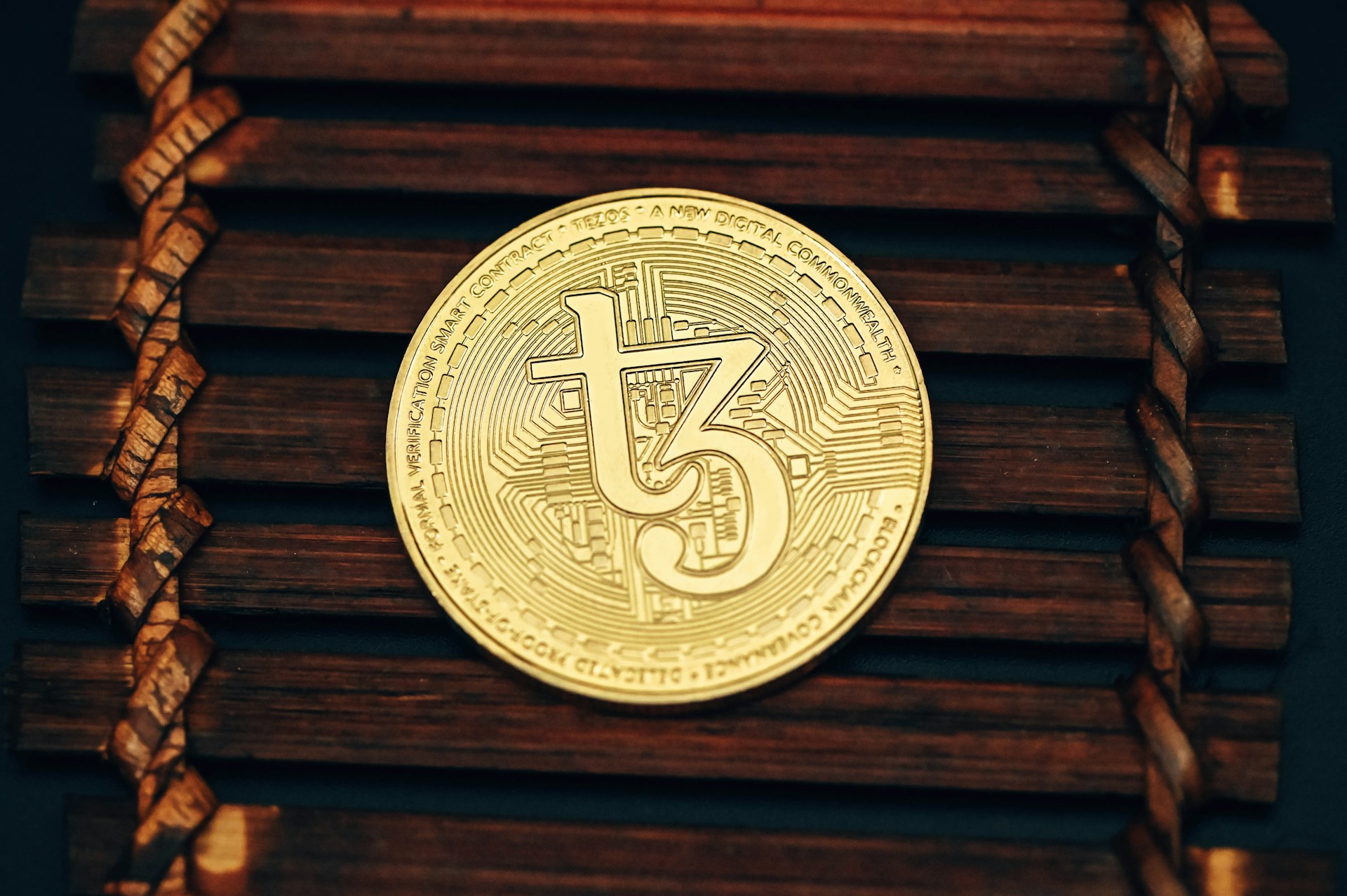Dubai has launched the first licensed tokenized real estate project in the Middle East and North Africa (MENA) region, marking a significant milestone in the use of blockchain technology for property investment. The initiative, in collaboration with the Dubai Land Department (DLD), the Central Bank of the United Arab Emirates, and the Dubai Future Foundation, allows individual investors to purchase shares in “ready-to-own properties in Dubai” through tokenisation.
The project opens up real estate investment to a broader market by allowing tokenised property shares to be purchased for as little as 2,000 Emirate dirhams ($545). Initially, the pilot phase will be limited to UAE ID holders, and transactions will be conducted in Emirati dirhams (AED), with no cryptocurrency involved. Tokens will be tradeable on the newly launched “Prypco Mint” platform, and Zand Digital Bank will serve as the project’s banking partner during the pilot phase.
This launch follows the May 2025 updates from the Dubai Virtual Assets Regulatory Authority (VARA), which now allows for the tokenization of real-world assets (RWA). This regulatory change enables these tokenized shares to be traded on secondary markets, further opening up the real estate market to global investors.
Real estate tokenisation is expected to revolutionize the industry by providing liquidity to traditionally illiquid assets. With fractional ownership, smaller investors can now gain access to high-value properties, which were previously limited to institutional investors or the wealthy. The global real estate tokenization market is projected to reach $19.4 billion by 2033, growing at a compound annual rate of 21%, with residential, commercial, and industrial properties all being part of the opportunity.
Dubai’s initiative is designed to enhance the liquidity of its real estate market, attract international investors, and increase the overall appeal of Dubai as a global crypto and blockchain hub. The linking of the city’s real estate registry with tokenisation is expected to increase transparency and security in property transactions, paving the way for a more accessible and efficient property market. As this project evolves, it may serve as a model for real estate tokenisation globally, making property investment more accessible to a wider range of investors.


